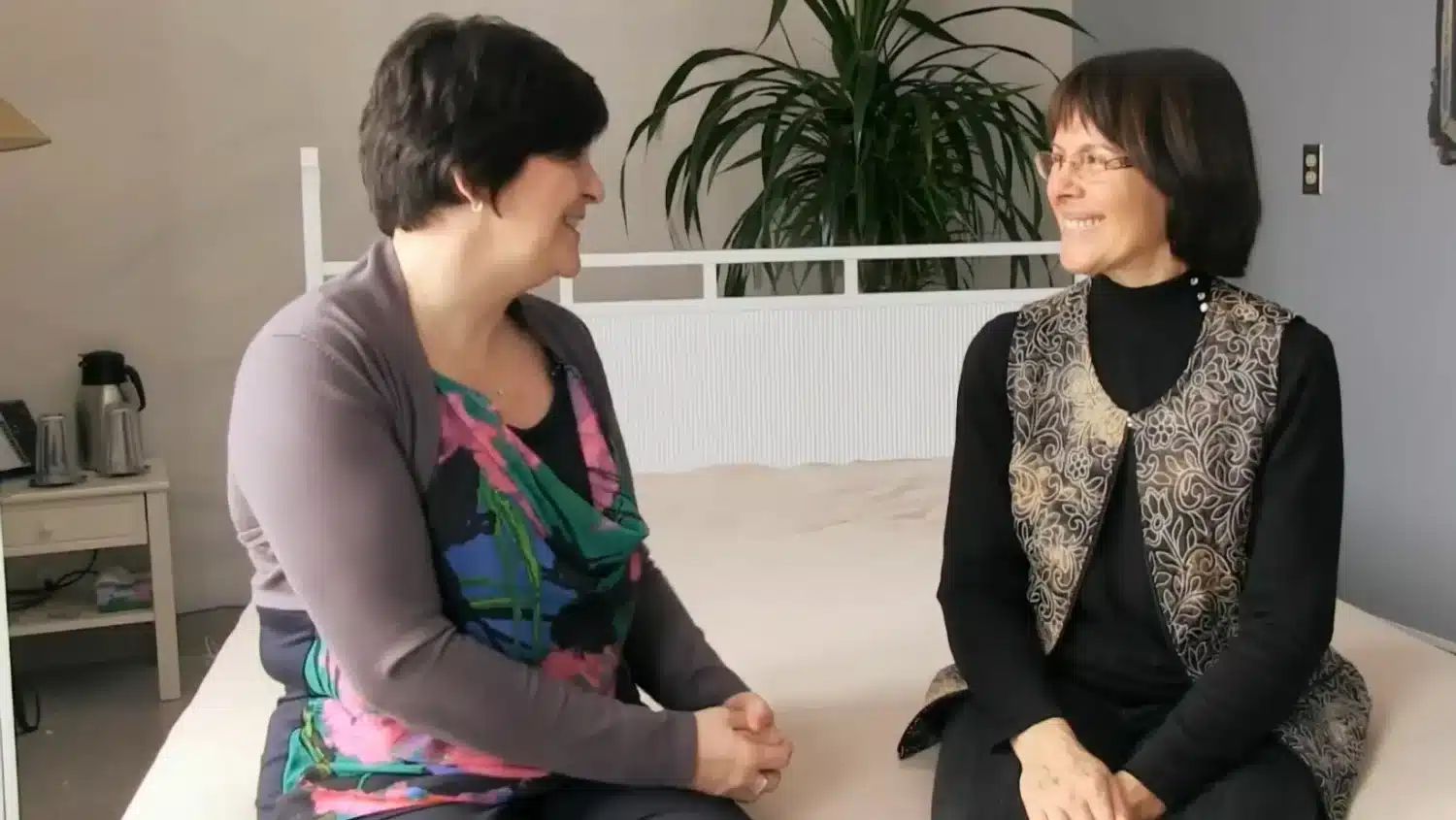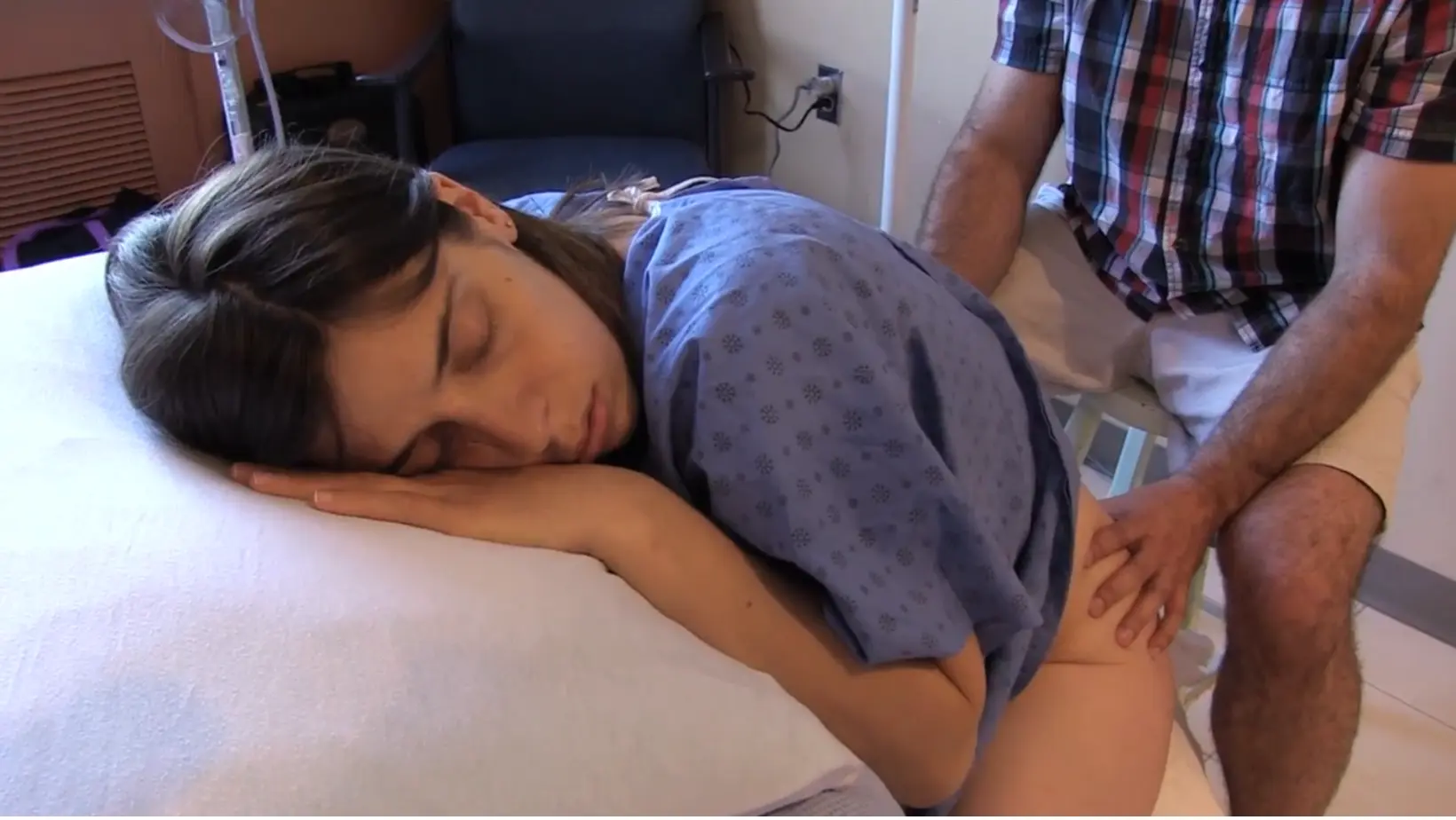To learn about the legal aspects of parenthood, go to Legal Aspects of Parenthood.
Parental authority…or what are my rights and obligations towards my child? During pregnancy, the father’s commitment is directly linked to the mother’s consent for their participation in the pregnancy. But the commitment changes after childbirth. Having a baby imposes responsibilities on both parents, but also rights, such as the ability to see their child (visitation rights).
Parental authority is the legal name for all the rights and obligations that parents have towards their children from the day they are born until they reach majority.
In virtue of parental authority, a father and mother must and have the right to:
- Have custody of their children;
- Supervise them;
- Educate them;
- Feed and care for them both physically and psychologically.
Concretely, the parental authority concept allows parents to make important decisions relating to their children, including:
- Choosing their children’s’ residence;
- Determining the school they attend;
- Decide on activities the children will do (for example, soccer or figure skating);
- Consent or refuse healthcare for their children.
These rights and obligations are exercised by the father and mother together, whether or not married or living together! The simple fact of not having custody of a child due to separation does not mean that the parent without custody loses their rights and obligations.
This means that:
- While living together, they make all the decisions about their children together. They exercise parental authority;
- When a separation occurs, and only one of the parents has physical custody of the children, the other parent keeps their rights and obligations. They only lose their custody rights, but still has the obligation and duty to feed and educate them and participate in and consent to all important decisions concerning them. The parent who does not have custody must be consulted before these decisions are made.
If the parents don’t agree, their dispute can be placed before a judge, who will decide the question for the parents keeping in mind the interests of the children!
In exceptional circumstances, only a judge can withdraw parental authority from a parent (in whole or in part), revoke custody and the right to take important decisions from a parent.
Now that the notion of parental authority is clearer (I hope!), you might be wondering how you can prove that you are the father or mother of your child…to continue reading, go to Filiation…or how can I prove I am the father or mother of my child?






